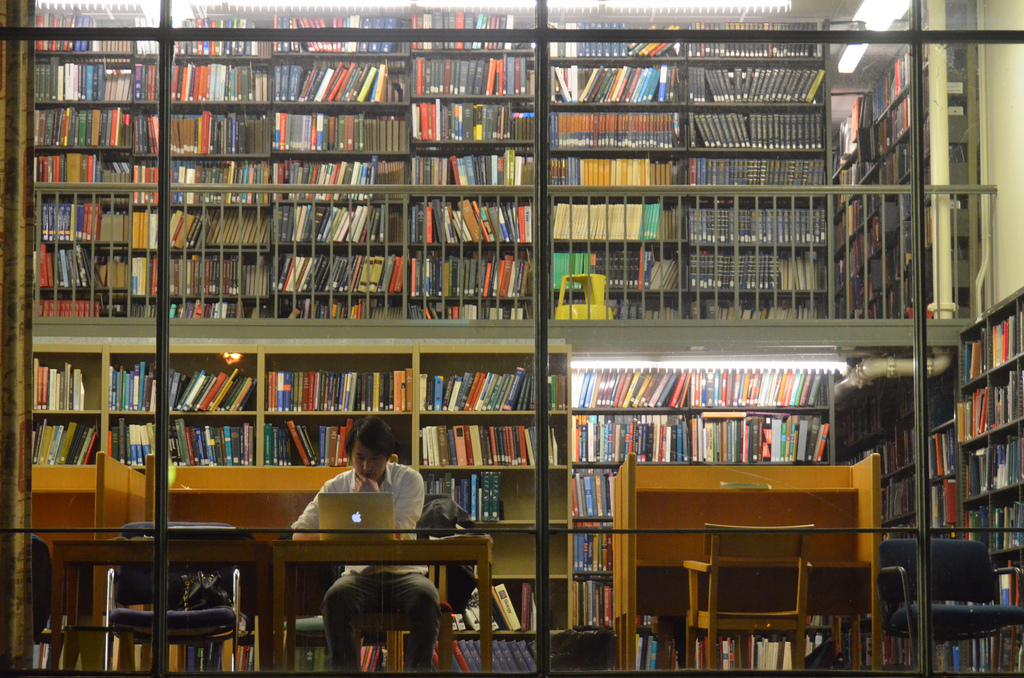(Img. Source; licensed under Creative Commons (Attribution, Non-Commercial, ShareAlike.)
Welcome to the Commons. The content available on this page has either been licensed under Creative Commons, or is available in the public domain. Most of it can be used for private purposes without permission. Please take a look at the license terms before using it for any other purposes. If you have any resources you would like us to add to this list, do not hesitate to email us.
Websites:
AccessHub.org, an online resource on disability topics in India, by School of Information University of Michigan Ann Arbor, CIS Bangalore and Inclusive Planet Chennai.
Internet Monitor, a research project by the Berkman Centre for Internet and Society at Harvard to analyse the means, methods and extent of Internet content control and activity around the world.
The CIS-India Accessibility Blog.
Software Freedom Law Centre, a legal services organisation aimed at promoting software freedom in the digital world, Know more about SFLC here.
Social Science Research Network (most full articles here are available in the public domain).
Books:
Trademark Law: An Open Source Casebook, by Barton Beebe (John M. Desmarais Professor of Intellectual Property Law, NYU School of Law) (2014).
Code and Other Laws of Cyberspace (2.0), by Lawrence Lessig.
The Future of Ideas: The Fate of the Commons in a Connected World, by Lawrence Lessig (2001).
Free Culture, by Lawrence Lessig.
The Future of the Internet – And How to Stop it, by Jonathan Zittrain.
The Public Domain: Enclosing the Commons of the Mind, by James Boyle (William Neal Reynolds Professor of Law at Duke Law School and founder of the Center for the Study of the Public Domain).
Internet Law: Cases and Problems 4.0, by James Grimmelman (Professor of Law, University of Maryland) (An option for a ‘Freeride’ is available in case you want to try the book now, but if you like it, you can pay whatever amount you choose).
Change: 19 Key Essays on How the Internet is Changing Our Lives, BBVA Open Mind (Essays by: Neil Selwyn, Manuel Castells, Patrik Wikström, David Crystal, Edward Castranova, Peter Hirshberg, Thomas W. Malone, Yochai Benkler, Zaryn Dentzel, Evgeny Morozov, Francisco González, Paul DiMaggio, Lucien Engelen, Michael Nielsen, Juan Ignacio Vázquez, Dan Schiller, Fredrico Casalengo, Mikko Hypponen, and David Gelernter.
Fiction:
Little Brother, by Cory Doctrow (Goodreads).
Homeland, by Cory Doctrow (Goodreads).
Movies and Videos:
The Internet’s Own Boy: The Story of Aaron Swartz, directed by Brian Knappenberger.
Lessig on “Aaron’s Law – Law and Justice in a Digital Age” (YouTube).
Lessig on “The Architecture of Access to Scientific Knowledge” (vimeo).
Good Copy, Bad Copy, directed by Andreas Johnsen, Ralf Christensen, and Henrik Moltke (YouTube) (CultureUnplugged).
The Pirate Bay: Away from Keyboard, directed by Simon Klose (IMDb) (YouTube)
RIP: A Remix Manifesto, by Brett Gaylor (IMDb) (Vimeo)
Afro@Digital by Balufu Bakupa-Kanyinda of the Congo, and produced by UNESCO. This documentary looks at the Digital Revolution in Africa, and the promise ICT holds for Africa.
Acts and Rules(India):
Information Technology Act 2000, with the 2008 Amendments.
Rules for Sections 43A under the Information Technology Act, (2011).
Information Technology (Intermediaries guidelines) Rules, (2011).
Rules for Sections 69, 69A, 69B and others under the Information Technology Act (2011)
Official Notifications under the IT Act (deity.gov.in).
Online Courses on Technology Law (and related)
Surveillance Law, by Stanford Online, on Coursera.
Other Creative Commons Resources
Flickr (one of the biggest collections of pictures licensed under Creative Commons – the TLF sources most of its images from Flickr.)
Vimeo CC (A video hosting website with a section dedicated to Creative Commons content, and a dedicated search option).
Digital Einstein – The Collected Papers of Albert Einstein, by Princeton University Press, CalTech Einstein Papers Project, and Einstein Archives Online.
